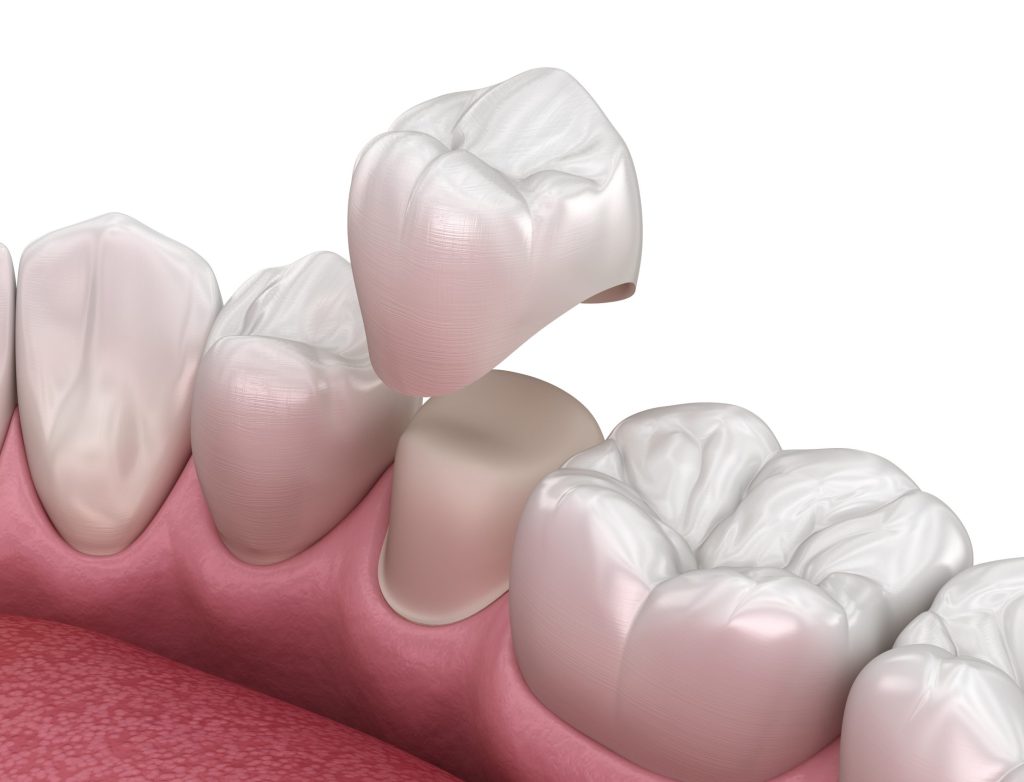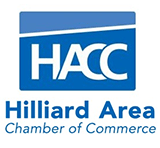A common question we receive in our office is what type of dental crown should be used, and what are the pros and cons of each when making a choice? We will go over these details to help guide your decision making or discussion with your dentist on your next visit.
Same-Day Dental Crown Pros
- Convenient for same-day results
- No temporary phase, having a temporary dental crown or multiple visits
- In-house service
- Only requires anesthesia (needing to get numb) only one time
Same-Day Dental Crown Cons
- Potential for several hours of treatment in one day
- Crown aesthetic result may not be as well as with a trained ceramist at a lab
Same-Day dental crowns sound very convenient and are an option. One of the things to keep in mind before choosing a same-day crown is if the tooth has the possibility of needing root canal treatment due to depth of decay or a possible crack to the pulp. In this case, having a temporary phase is very beneficial. Discussing options with your dentist is paramount.
Another component to keep in mind is that your dentist and their team members must be very tech savvy and experienced with software and be able to troubleshoot issues with milling machines. Dental offices may not have the space to stock all the different types of materials that can be used at a lab to fabricate dental crowns. If this is the case, then you may not get the crown material that is right for your situation.
Lab-Fabricated Dental Crown Pros
- Many material options to optimize specific case
- Aesthetics are better due to having an experienced lab tech fabricate the crown
- When a tooth needs a root canal, a temporary crown can be beneficial
- A dental office and lab team approach can better troubleshoot potential issues prior to cementation
- Time spent in a dental office is generally less overall, even though the treatment is completed over more than one day.
Lab-Fabricated Dental Crown Cons
- Two appointment process
- Numbing at both appointments may be required
- A temporary crown phase is necessary
Having a temporary crown can be inconvenient, but if done well, many patients forget that the crown on their tooth is not a permanent one. In fact, most patients at Smile Hilliard have no issues whatsoever with their temporary crown. Temporary crowns are actually a great diagnostic tool as a “test-drive” to evaluate your tooth shape, bite, and pulpal health. Issues with the temporary crown can be easily remedied and changes can be communicated to the lab prior to fabrication and cementation of the permanent crown.
We hope this information has helped you to understand the difference between these two dental crown options. Regardless of your ultimate decision, we are here to guide you through the process and answer any questions. Contact your dentist to discuss your options as every scenario is unique to you. At Smile Hilliard, we look forward to working with you!






